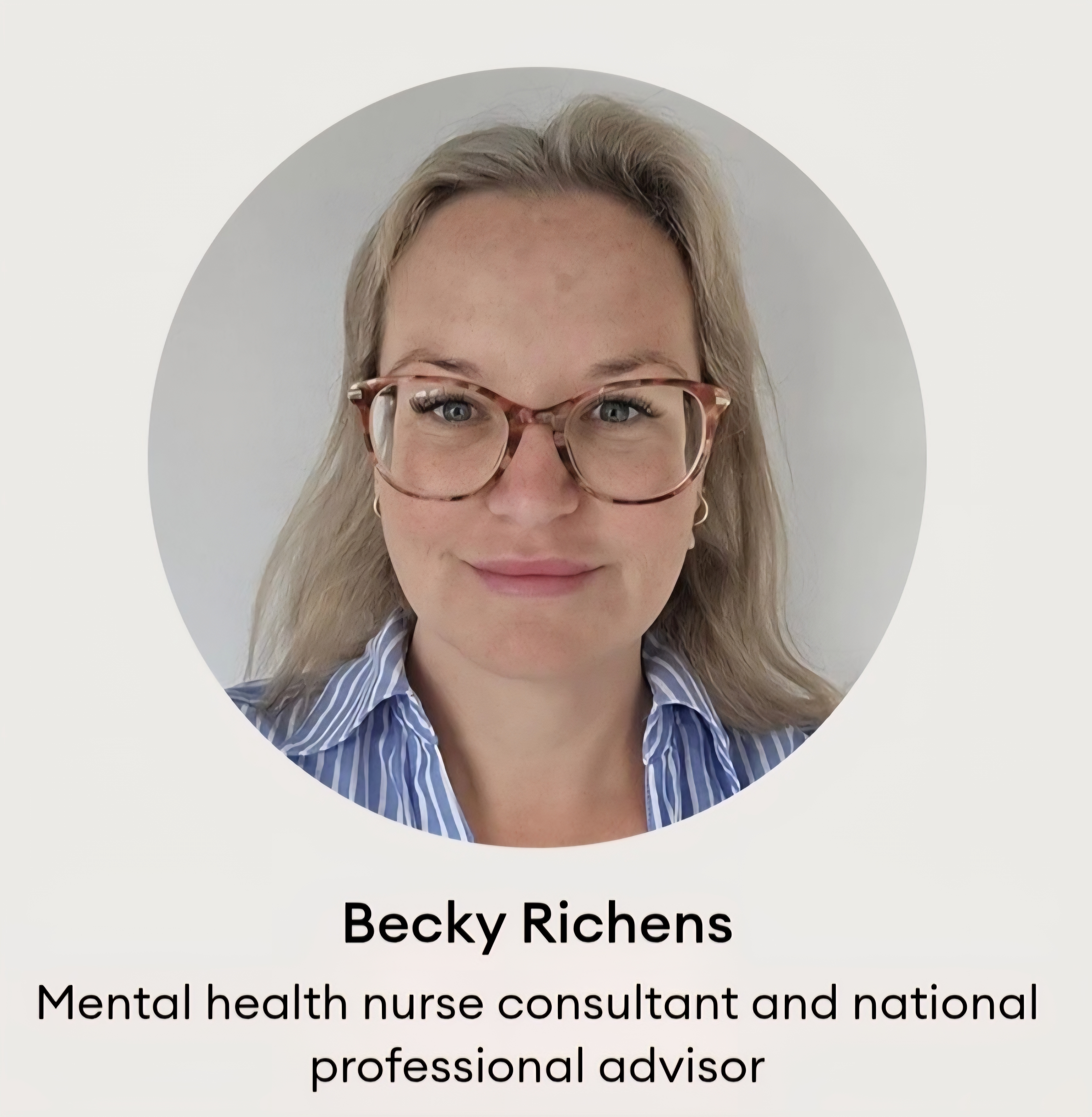You Dont Have to Earn Rest
- Becky Richens

- Nov 8, 2025
- 4 min read
Here’s a truth we rarely hear: rest is not a reward. You don’t have to achieve, tick
boxes, or prove anything before pausing. Rest is not optional. It’s a basic human
need, and you need it simply because you exist.
Our bodies and brains are designed to operate in cycles of activity and recovery.
Without rest and recovery, our nervous systems stay on high alert, our muscles
remain tense, and our minds continue to spin. Pausing is not indulgent - it’s
biologically essential for self-preservation.

Why Rest Matters
Imagine Sarah, who works long shifts. She thinks she’ll rest after finishing
everything. Instead, she scrolls through her phone, barely noticing the tension in her
shoulders, and collapses into bed exhausted.
Or David, juggling multiple projects, spends the day planning, problem-solving, and
adapting to others’ expectations. By evening, his mind feels foggy, his decision-
making is sluggish, and he snaps at small frustrations.
Both examples highlight a key point: rest is more than sleep. Sleep restores the body
physically, but rest works across mental, emotional, social, and sensory systems. It
allows your brain to consolidate learning, regulate stress, and process emotions, so
that you can function with clarity, creativity, and calm.
What Happens If We Don’t Rest
We’ve all felt it...
Foggy-headed, forgetful, distracted and unable to concentrate
Irritable or snapping at loved ones over small things
Physically tense or stiff, muscles aching for release
Emotionally raw or easily overwhelmed
Like every task takes more effort than it should
These are our bodies and brains signalling that recovery is needed. Chronically
ignoring rest increases stress hormones, reduces immune function, and can even
impact long-term mood regulation. It’s familiar because so many of us push through
it every day but it doesn’t have to be that way.
The Many Faces of Rest
Experts identify seven (sometimes eight) types of rest, each supporting different
aspects of your system. Recognising which type is missing allows us to respond
effectively.
1. Physical rest – sleep or gentle movement, like stretching or walking
2. Mental rest – taking a break from thinking, analysing, or decision-making
3. Sensory rest – reducing input from lights, screens, noise, or clutter
4. Creative rest – engaging with awe, curiosity, and inspiration
5. Emotional rest – expressing feelings safely and letting yourself be authentic
6. Social rest – connecting with energising people or taking restorative alone time
7. Spiritual rest – connecting with meaning, purpose, or a sense of belonging
8. Integrative rest – allowing your mind downtime to process and consolidate
experiences
By naming these types, you can notice which part of you is depleted and respond
intentionally rather than defaulting to fatigue.
One-Minute Reset Ideas
Even small pauses can reset your nervous system and improve wellbeing. These are
grounded in psychoeducational research showing that brief interventions can
reduce stress, release muscle tension, and improve emotional regulation.
Fake a laugh – Even a forced laugh triggers similar physiological benefits to real
laughter: reduced cortisol, improved heart rate variability, and a quick mood boost.
Stretch and shake – Dogs instinctively yawn, stretch, and shake to release tension.
Humans benefit too: roll your shoulders, wiggle your fingers, shake your arms, orstomp your feet. Muscles let go of built-up stress. DANCE to a song on the radio in
the car
Deep belly breaths – Inhale for 4, hold 2, exhale 6. This engages the parasympathetic
nervous system, slowing heart rate and reducing stress.
Micro dance or movement – Tap your fingers, sway, spin in place, or bounce lightly.
Movement releases tension and triggers endorphins. DANCE to a song on the radio
in the car
Hum or sing a line of a song – Vibrational therapy: humming or vocalisation calms
the nervous system and engages breath control.
Mini sensory pause – Close your eyes, notice sounds, temperature, textures, or
smells. Even 30 seconds helps your brain filter stimuli and reset.
Moment of gratitude – Naming one small thing that went well or you appreciate
shifts focus from stress to positivity, improving emotional regulation.
Change posture – Stand, stretch, prop feet, or roll your spine. Shifts your nervous
system from “fight or flight” to “recovery.”
These small resets demonstrate that rest doesn’t have to be long to be effective.
Each one is a micro-intervention supporting body, mind, and emotion and its
surprising how quickly these micro moments start to add up

Practical Ways to Rest
Physical
short walks, lying down, gentle stretches
Mental
journaling, closing your eyes, writing to-do lists to “offload” thoughts
Sensory
dim lights, reduce screen time, quiet room, nature sounds
Creative
observe beauty, doodle, try a new recipe, listen to inspiring music
Emotional
share feelings safely, reflect, set small boundaries
Social
spend time with supportive people, limit draining interactions, enjoy alone
time
Spiritual
meditate, reflect on values, engage in meaningful activities
Integrative
daydream, take unstructured walks, give space for the brain to process
Each type of rest supports a different system. None are “earned.” You need them
simply for being alive.
Changing the Narrative
Instead of thinking, “I’ll rest when I’ve earned it,” try: “I need rest because I exist.”
This subtle shift is radical: it removes guilt, reframes self-care, and normalises rest
as essential for daily life.
Your Next Steps
1. Identify one type of rest you’ve been neglecting.
2. Try a practical action or one-minute reset for it.
3. Notice the effects without judgement.
4. Repeat for another type, gradually creating your personal rest toolkit.
Final Thought
Rest is not a reward. It is not optional. It is essential for everyone, regardless of how
you think, feel, or experience the world. Choosing rest is an act of compassion
toward yourself. It restores energy, clarity, and balance.
Pause. Breathe. Shake it out. Laugh, even if it’s fake. Tap your fingers. Step away.
Rest. You do not have to earn it. You simply need it.

Guest Blog by Becky Richens
Becky Richens is a Specialist Mental Health Nurse Consultant dedicated to
creating inclusive, evidence-based resources that empower both
practitioners and the people they support. With extensive experience, Becky
combines deep clinical knowledge with a passion for neuroaffirming, trauma-
informed approach. Becky has directed national programmes on
neurodiversity, workforce development, and service innovation, and
regularly guestspeaks to share practical insights, research-informed
guidance, and compassionate strategies for care.
"The views, opinions, and images in this guest post are entirely my own and reflect my work as an Independent Mental Health Nurse Consultant. Please do not copy, share, or republish any content without my prior written permission"
Website: www.beckyrichens.com



Comments